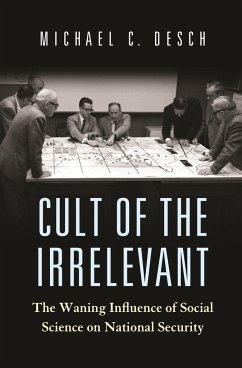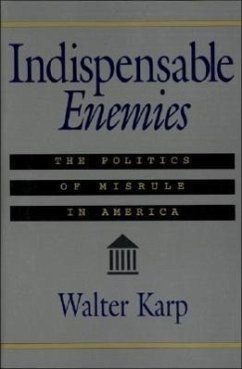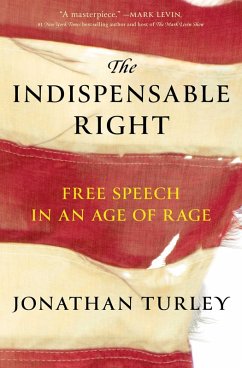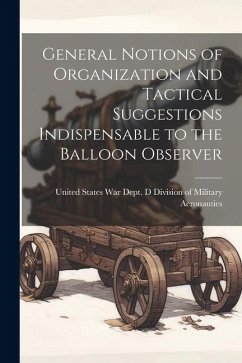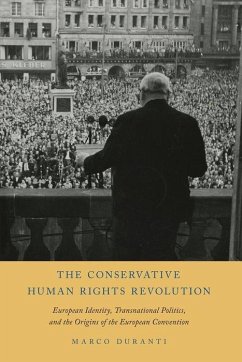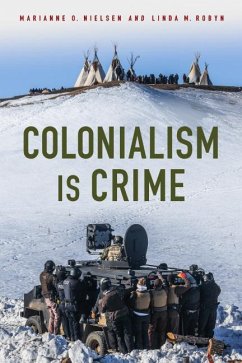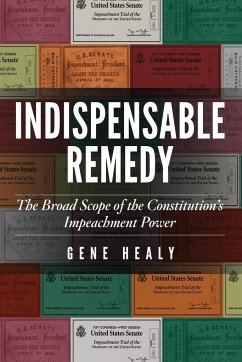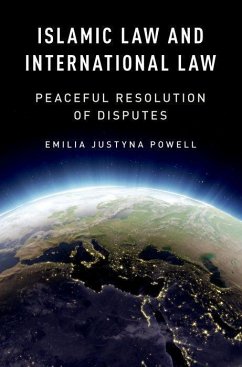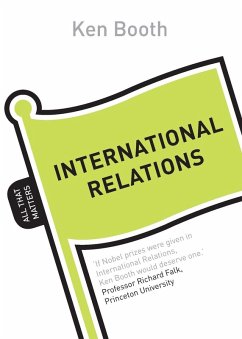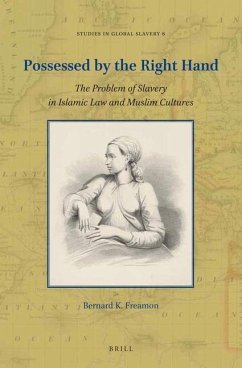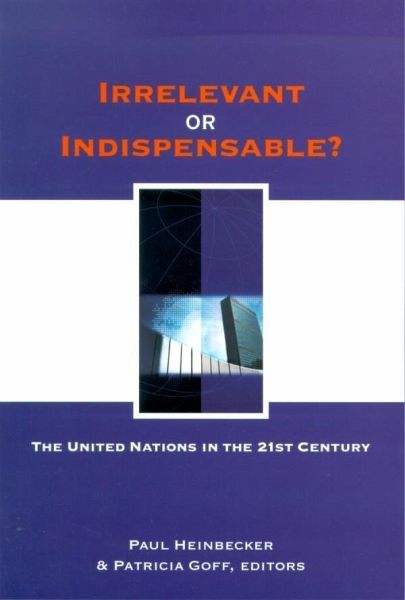
Irrelevant or Indispensable?
The United Nations in the Twenty-First Century
Herausgeber: Heinbecker, Paul; Goff, Patricia
Versandkostenfrei!
Versandfertig in über 4 Wochen
42,99 €
inkl. MwSt.

PAYBACK Punkte
21 °P sammeln!
Suffering from a divided membership, the United Nations is at a crossroads, unable to assure human or national security. The UN has been criticized as irrelevant by its most-and least-powerful members alike because it can't reach consensus on how to respond to twenty-first-century challenges of global terrorism, endemic poverty, and crimes against humanity. Secretary General Kofi Annan has proposed a package of sweeping reforms that would safeguard the rule of law, outlaw terrorism, protect the innocent from abusive governments, reduce poverty by half, safeguard human rights, and enlarge the S...
Suffering from a divided membership, the United Nations is at a crossroads, unable to assure human or national security. The UN has been criticized as irrelevant by its most-and least-powerful members alike because it can't reach consensus on how to respond to twenty-first-century challenges of global terrorism, endemic poverty, and crimes against humanity. Secretary General Kofi Annan has proposed a package of sweeping reforms that would safeguard the rule of law, outlaw terrorism, protect the innocent from abusive governments, reduce poverty by half, safeguard human rights, and enlarge the Security Council. Intended to reinvigorate the institution and galvanize its members into action, his proposals are extensive and innovative, courageous and controversial. This volume assembles the perspectives of current practitioners, leading academics, civil society representatives, and UN officials on transforming the secretary general's proposed reforms into action. Their assessments are frank and their views varied, but they do agree on one thing-the United Nations must be made more effective precisely because it is indispensable to the promotion of economic development and collective security in the twenty-first century. Co-published with the Centre for International Governance Innovation



